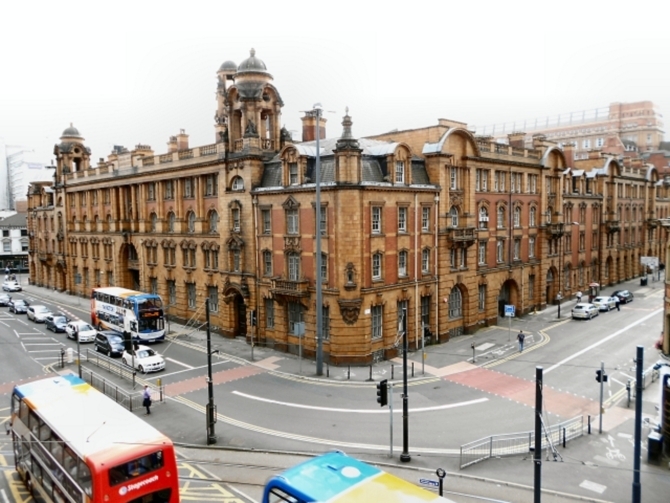The specialist agency hired to sell off Manchester’s historic London Road Fire Station claims the city’s international standing is helping to attract potential buyers from around the world.

Christie & Co is handling the sale of the controversial site following years of redevelopment delay which culminated in a legal wrangling between Manchester City Council and the fire station’s owner Britannia Hotels. It first acquired the near-acre site with the intention of converting it to a hotel and leisure complex.
Within days of the property, next to Manchester’s Piccadilly railway station, being advertised last month local developer Capital & Centric emerged as a front runner after it confirmed it was considering submitting an offer as part of its plans to create a new city centre quarter called Kampus.
Earlier this year Capital & Centric unveiled a £150m scheme for 500 apartments, hotels and leisure space, as well as artisan bars and restaurants. The project would also involve opening up a hidden street — known as Little David Street — for the first time in decades.
The developer has already purchased 2.5-acres of land opposite the fire station site and more than 270,000 sq ft of existing buildings including two listed mills. “It would make sense to make it an extension to our Kampus scheme to maximise the regeneration potential of our project,” explained Capital & Centric co-founder Tim Heatley. “Our specialism is in the conversion and renovation of complicated and challenging buildings and this certainly has its challenges.”
The 1906-completed London Road building has attracted scores of other enquiries. “We have conducted numerous asset tours with interested parties including those from America, the Middle East and China as a result of Manchester’s international standing as a key UK city,” commented Jeremy Jones, Christie & Co’s head of UK hotels brokerage.
“Manchester’s business, sporting, music and leisure pedigrees are known the world over and there will never be another property quite like this to come to market in the North West, or perhaps even the UK.”
The agency is refusing to confirm it has placed a £10m guide price on the fire station — which also housed police and ambulance stations, a bank, a Coroner’s Court and a gas-meter testing station — but it has been widely estimated the same amount would need to be spent to bring it back to life.
Jon Patrick is head of leisure and development at Christie & Co. “The Fire Station covers the best part of an acre of land and its central courtyard could certainly provide a real wow factor once developed,” he said.
“We envisage conducting further tours during June ahead of crystallising market interest and calling for bids towards the end of the month/early July.”
Commenting on the global reaction to the sale, a spokesperson for Manchester council said: “We are pleased to learn of the wide ranging interest in the fire station which will hopefully lead to a high quality refurbishment and its return to economic use in the near future.”
Previous Post
Vision revealed for Preston City Centre Regeneration